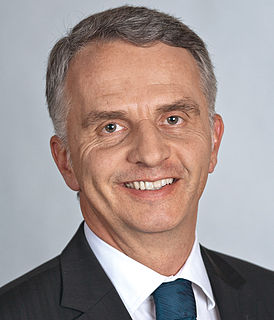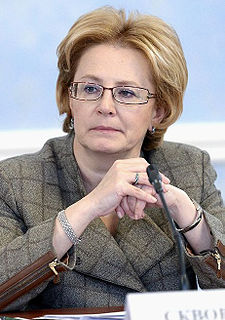A Quote by Margaret Beckett
Today's dialogue has succeeded in reinforcing the need for international partnerships and cooperation in tackling the reality of climate change.
Related Quotes
Given the nature and magnitude of the challenge, national action alone is insufficient. No nation can address this challenge on its own. No region can insulate itself from these climate changes. That is why we need to confront climate change within a global framework, one that guarantees the highest level of international cooperation.
With the growth of the world population, the global climate change and the need for a greater healthy environment, access to water resources has become a crucial condition for the realization of an equitable international order, where the needs of the peoples are effectively addressed. In this regard, the need for international cooperation, including in joint effort with relevant non-state actors, is paramount to ensure water is made available to all without discrimination. Water is a human right, an enabling right, not a mere commodity.
Despite the international scientific community's consensus on climate change, a small number of critics continue to deny that climate change exists or that humans are causing it. Widely known as climate change "skeptics" or "deniers," these individuals are generally not climate scientists and do not debate the science with the climate scientists.
The United States is strongly committed to the IPCC process of international cooperation on global climate change. We consider it vital that the community of nations be drawn together in an orderly, disciplined, rational way to review the history of our global environment, to assess the potential for future climate change, and to develop effective programs. The state of the science, the social and economic impacts, and the appropriate strategies all are crucial components to a global resolution. The stakes here are very high; the consequences, very significant.
...the world needs to face up to the challenge of climate change, and to do so now. It is clear that climate change poses an urgent challenge, not only a challenge that threatens the environment but also international peace and security, prosperity and development. And as the Stern report showed, the economic effects of climate change on this scale cannot be ignored, but the costs can be limited if we act early
We need to be prepared to have multi-stakeholder, well-managed partnerships. That can be very effective. We saw this happen at international level with the UN Convention on Landmines, for example, where some governments didn't want to go forward, but enough governments did and with them many NGOs. At international level we need to see this as the 21st century way of doing things.


































